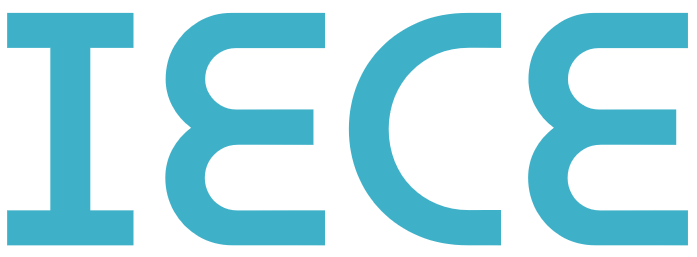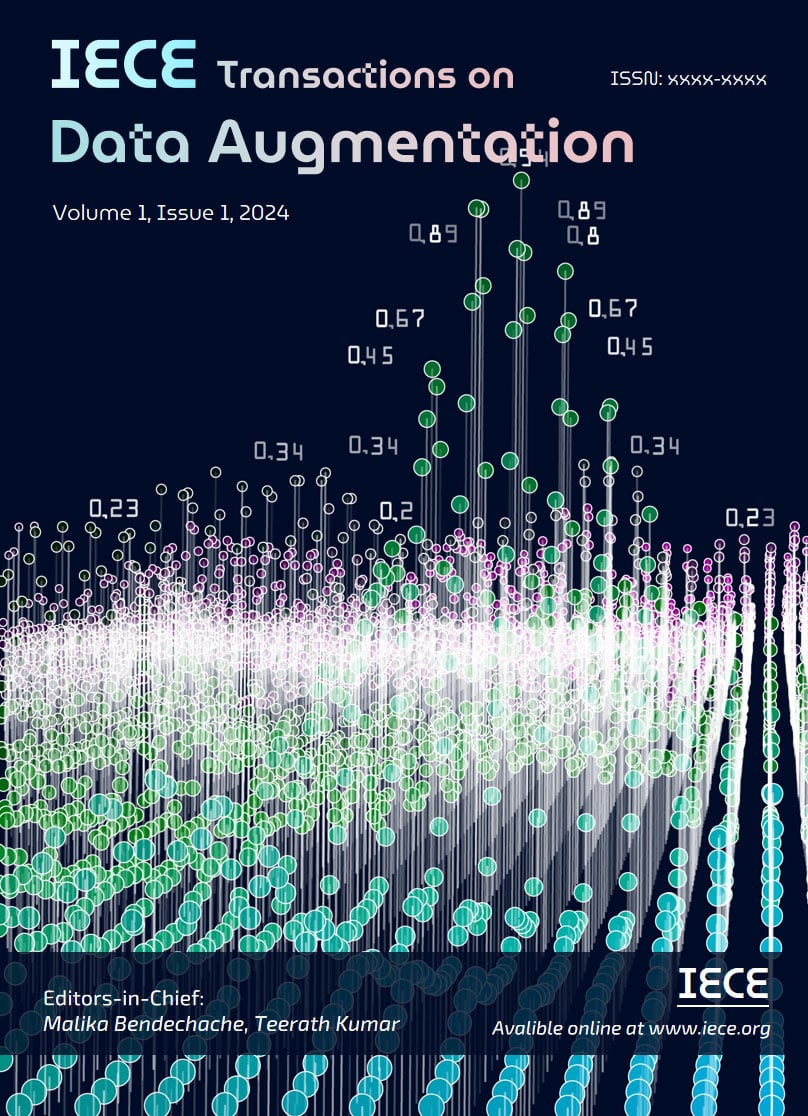Journal Information
IECE Transactions on Data Augmentation
Online ISSN: request pending
Print ISSN: request pending
Publishing model: Hybrid
DOI Prefix: 10.62762/TDA
Aims & Scope
The IECE Transactions on Data Augmentation aims to be a premier platform for researchers, practitioners, and industry experts to share innovative methodologies and applications in the field of data augmentation. The journal covers a wide range of critical topics, including but not limited to:
• Debiasing Techniques:
Innovative methods for identifying and mitigating biases in datasets.
Approaches to enhance fairness and reliability in machine learning algorithms.
Studies on the impact of debiasing on model performance and generalization.
• Large Language Models (LLMs):
Research on how data augmentation techniques can optimize the training and performance of LLMs.
Applications of augmentation strategies to enhance contextual understanding and language generation.
Evaluation of augmentation’s role in improving robustness against adversarial inputs.
• Generative Modeling:
Exploration of the interplay between generative models (e.g., GANs, VAEs) and data augmentation.
Techniques for creating synthetic datasets that maintain the integrity of real-world data distributions.
Case studies demonstrating successful applications of generative augmentation in various domains.
• Cross-Domain Applications:
Practical implications of data augmentation techniques in sectors such as healthcare, finance, and social sciences.
Case studies and success stories that highlight the transformative impact of data augmentation in real-world scenarios.
Interdisciplinary approaches to data augmentation that leverage insights from diverse fields.
• Augmentation for Specialized Data Types:
Techniques for augmenting image, audio, text, and time-series data.
Adaptations of existing augmentation strategies to cater to specific data challenges and characteristics.
Novel approaches to multimodal data augmentation that integrate various data types.
• Evaluation and Benchmarking:
Methods for evaluating the effectiveness of data augmentation techniques in improving model performance.
Development of standardized benchmarks for comparison of augmentation strategies.
Studies on the trade-offs between augmentation complexity and model efficiency.
• Ethical Considerations and Data Governance:
Examination of ethical issues related to data augmentation, including privacy concerns and the risk of amplifying biases.
Best practices for responsible data use and augmentation in accordance with regulatory standards.
Discussions on the societal implications of enhanced data generation capabilities.
• Emerging Trends and Future Directions:
Insights into cutting-edge research and emerging technologies in data augmentation.
Predictions for future developments and their potential impact on machine learning and artificial intelligence.
Exploration of the role of data augmentation in the context of federated learning and edge computing.
Submission Guidelines: The journal welcomes original research articles, reviews, case studies, and technical notes that contribute to the understanding and advancement of data augmentation methodologies and applications. All submissions will undergo a rigorous peer-review process to ensure the highest quality of published work.
Publication Frequency
Quarterly
Ownership

The journal is owned by Institute of Emerging and Computer Engineering.
Archiving
All journals published by IECE are archived in Portico, which provides permanent digital archiving for scholarly journals.
Ethics Statement
IECE is responsible for implementing rigorous peer review and strict ethical policies and standards to ensure that high quality scientific work is added to the field of scholarly publishing. IECE takes such publishing ethics issues very seriously, and our editors are trained to enforce COPE's Core Practices and Guidelines, with a zero-tolerance policy for plagiarism, data falsification, and other behaviours. To verify the originality of content submitted to our journals, we use iThenticate to check submissions against previous publications.



